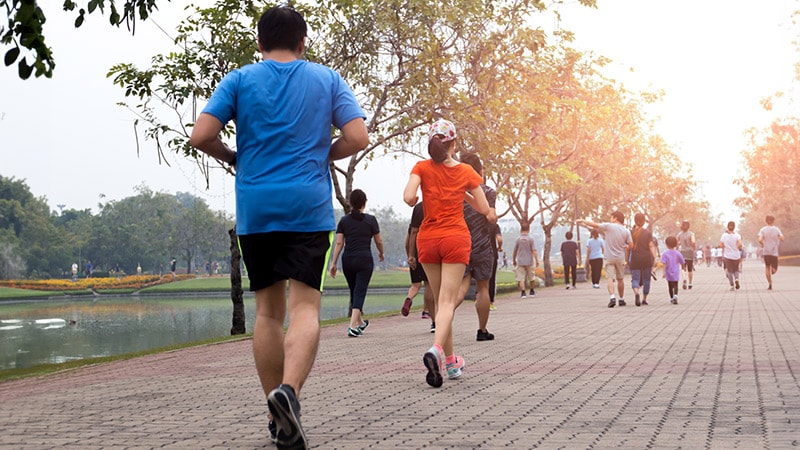Tame Your Psoriatic Arthritis: Simple Aussie Lifestyle Tweaks for Real Relief

Living with psoriatic arthritis (PsA) can be a real challenge. The combination of joint pain, stiffness, and skin issues can impact your daily life and overall wellbeing. But don't despair! While there's no cure, making smart lifestyle adjustments can significantly reduce your symptoms and reclaim your quality of life. This guide focuses on practical, achievable changes tailored for the Aussie lifestyle, helping you manage PsA and feel your best.
Understanding Psoriatic Arthritis
PsA is a chronic inflammatory disease that affects both the joints and skin. It's linked to psoriasis, a skin condition causing red, scaly patches. However, you can have PsA without noticeable skin symptoms, and vice versa. Symptoms vary widely, but common issues include joint pain, swelling, stiffness, fatigue, and nail changes. The good news is, you can take control.
The Power of Exercise – Aussie Style
Regular physical activity is crucial for managing PsA. It strengthens muscles, improves joint mobility, reduces pain, and boosts your mood. But what exercises are best? Think about what you enjoy and can realistically stick to.
- Low-impact activities: Swimming (a classic Aussie pastime!), walking, cycling, and gentle yoga are fantastic options.
- Strength training: Building muscle around your joints provides support and stability. Use light weights or resistance bands.
- Listen to your body: Rest when needed and avoid activities that exacerbate your pain. Don't push yourself too hard, especially on flare-up days.
Diet & Nutrition: Fueling Your Body Right
While diet isn't a cure for PsA, certain foods can help reduce inflammation and improve your overall health. Consider these tips:
- Anti-inflammatory foods: Incorporate plenty of fruits, vegetables (especially leafy greens), fatty fish (salmon, tuna, mackerel – Aussie favourites!), nuts, and seeds into your diet.
- Limit processed foods: Reduce your intake of sugary drinks, refined carbohydrates, and processed meats.
- Omega-3 fatty acids: Found in fish oil supplements or fatty fish, omega-3s can help reduce inflammation.
- Consider an elimination diet: Some people find that certain foods trigger their symptoms. Talk to a dietitian or healthcare professional about trying an elimination diet to identify potential triggers.
Sleep – The Foundation of Wellbeing
Poor sleep can worsen PsA symptoms and make it harder to cope with pain and fatigue. Prioritise good sleep hygiene:
- Create a relaxing bedtime routine: A warm bath, reading a book, or listening to calming music can help you wind down.
- Ensure a dark, quiet, and cool bedroom.
- Avoid caffeine and alcohol before bed.
- Aim for 7-9 hours of quality sleep per night.
Beyond the Basics: Stress Management & Support
Stress can trigger PsA flare-ups. Find healthy ways to manage stress, such as:
- Mindfulness and meditation: Helpful for calming the mind and reducing stress.
- Spending time in nature: A walk on the beach or a hike in the bush can be incredibly restorative.
- Connecting with others: Talk to friends, family, or join a support group for people with PsA.
Disclaimer: This information is for general knowledge and informational purposes only, and does not constitute medical advice. It is essential to consult with a qualified healthcare professional for any health concerns or before making any decisions related to your health or treatment. Always follow your doctor's advice.




